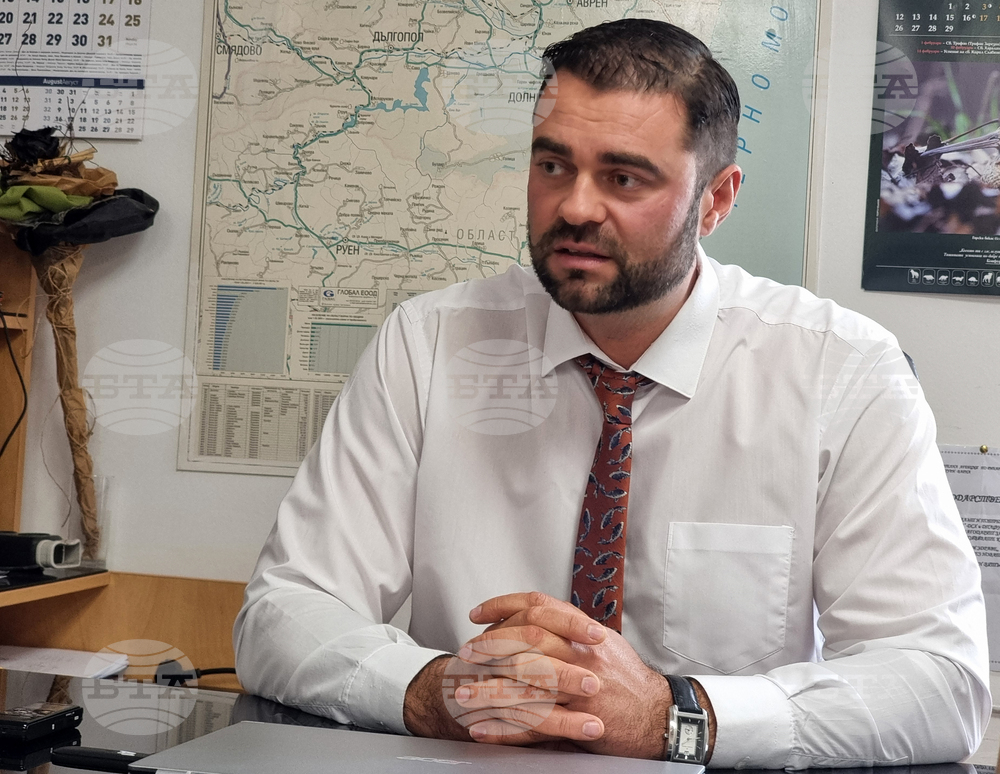site.btaFisheries Agency Requests More Powers against Poachers


The Executive Agency for Fisheries and Aquaculture (EAFA) requests more administrative and institutional powers due to increasing aggression against its inspectors, EAFA Executive Director Nikolay Georgiev told BTA on Thursday.
/DS/
news.modal.header
news.modal.text